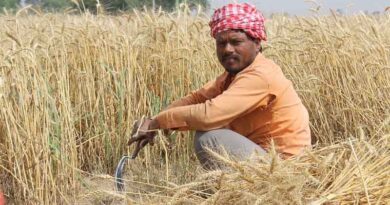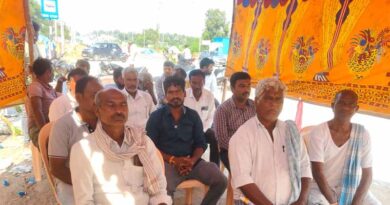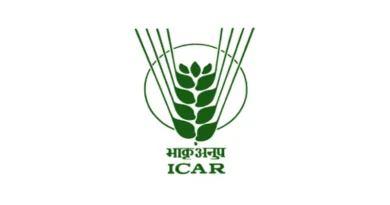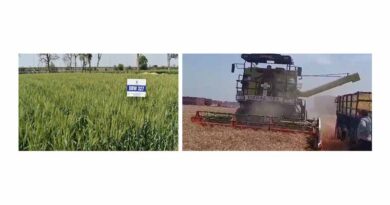
Swapping Paddy for Maize: Chhattisgarh Farmer Doubles Income with Lower Input Costs
27 June 2025, Raipur: A farmer from Jashpur district in Chhattisgarh has demonstrated how shifting from traditional paddy cultivation to maize can lead to higher profits with lower investment. Malti Mohan, a resident of Kadro village in Pathalgaon block, chose to grow maize during the summer season this year—and the results have been remarkable. With significantly reduced input costs, he earned a net income of ₹88,200, more than double what he typically made from cultivating paddy.
Paddy Proved Costly, Maize Brought Profit
Guided by the state’s agriculture department, Malti cultivated maize on two acres of land. His total input cost, including seeds, fertilizers, and other essentials, was just ₹11,800. From the sale of his produce, he generated ₹100,000 in revenue. The farmer noted that paddy cultivation during the summer demands far more water and incurs higher costs, while maize requires less irrigation and is more economical to grow.
Malti Mohan explained, “Paddy farming in summer consumes a lot of water and involves heavy expenditure. Maize reduces both these burdens.” He had previously grown paddy during the summer, but rising input costs and changing weather patterns prompted him to consider alternatives. Maize not only offered better returns but also required less water, making it more sustainable in current conditions.
Environmental and Economic Benefits Aligned
This transition has not only increased Malti’s income but has also contributed to water conservation—an important step toward environmental sustainability. By shifting to a crop that requires less water, the farmer is playing a role, however small, in promoting responsible agricultural practices in water-stressed regions.
A Growing Trend Across Chhattisgarh
Malti Mohan’s success story is not an isolated case. Across Chhattisgarh, more and more farmers are rethinking traditional crop choices. In many areas, growers are turning away from water-intensive paddy cultivation in favor of alternative crops that demand less input and offer better profitability. This emerging trend could mark a significant shift in the state’s agricultural landscape, offering a model of more resilient, cost-effective farming.
Farmers like Malti are becoming examples of how a change in mindset can transform farming outcomes. As more cultivators explore crop diversification, Chhattisgarh may well lead the way in showcasing how sustainable practices can also be profitable.
Also Read: Five Indians Recognized in 2025 Top Agri-Food Pioneers List by World Food Prize Foundation
📢 If You’re in Agriculture, Make Sure the Right People Hear Your Story.
Have a story the global agriculture industry should hear? From product launches to strategic announcements, Global Agriculture offers unmatched visibility across international agri-business markets. Connect with us at pr@global-agriculture.com to explore editorial and advertising opportunities that reach the right audience, worldwide.






